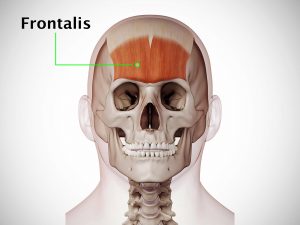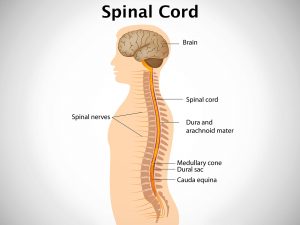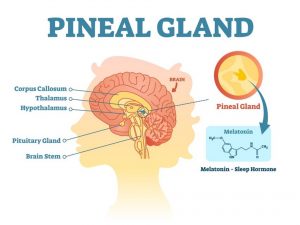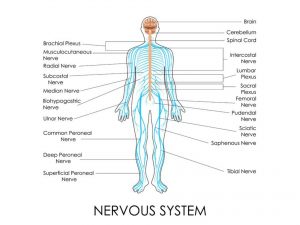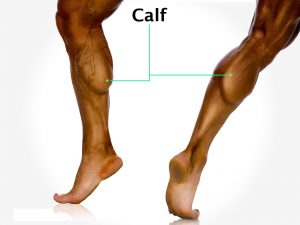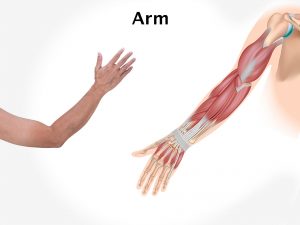Causative & risk factors
The exact cause of CVS is not known. It may be associated with migraine. Several trigger factors have been identified that initiate the vomiting episodes. Excessive emotional or physical stresses are known triggers. Certain foods contents such as caffeine, MSG, cheese, chocolate etc. have been identified as known triggers for vomiting episodes in CVS. Other triggers include extremely hot weather, unhealthy food habits or not getting enough sleep. Women with CVS may have vomiting episodes during their menstrual period.
Clinical presentation
Patients with CVS have frequent episodes of nausea and vomiting. Each episode may last 1 hour to several days. The episodes are similar in character and the patient is usually healthy in between episodes. CVS is diagnosed only if the nausea and vomiting cannot be attributed to any other cause.
Retching is usually present along with abdominal pain. The patient usually develops fever, feels dizzy and may complain of headaches or diarrhea. Due to profuse vomiting, the patient may develop signs of dehydration.
Investigations
Several blood and urine tests are carried out to exclude other causes of nausea or vomiting. An abdominal ultrasound is done. Endoscopy of the stomach is performed to look for any abnormality.
Treatment
During the acute episodes, the symptoms are managed with medications such as anti-emetics, analgesics, antacids and H-2 blockers. Intravenous fluids are given if necessary.
The patient is also recommended to take certain medications during their healthy phase to prevent further episodes of vomiting.












